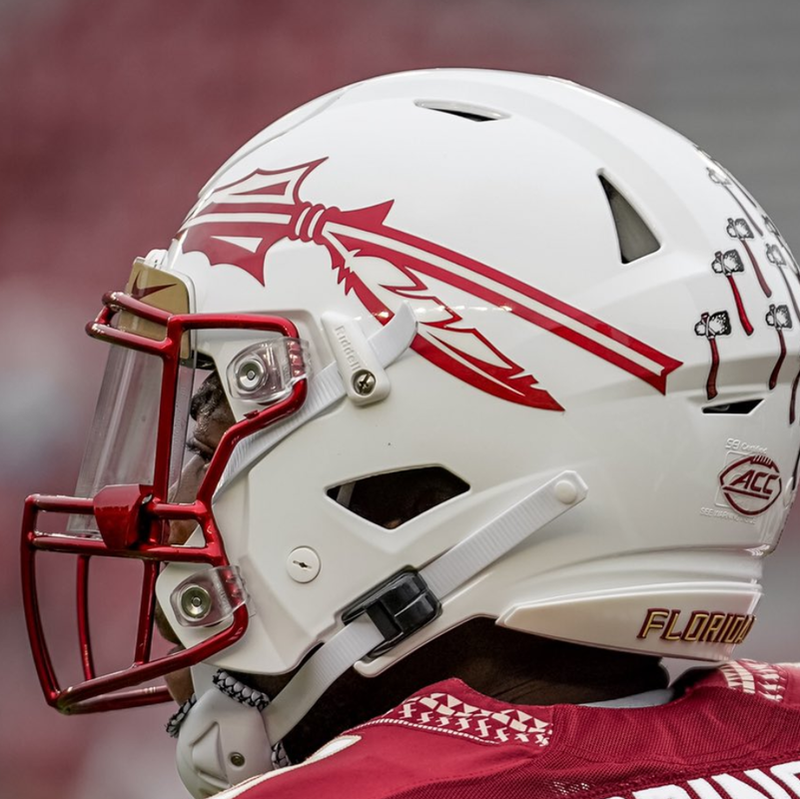The Atlantic Coast Conference’s legal battle with Florida State University took another heated turn on Monday evening when the Seminoles fired back with a 59-page amended complaint for declaratory judgment. In the complaint, FSU took aim at former ACC Commissioner John Swofford, accusing him of chronic fiduciary mismanagement and self-dealing that cost member schools millions of dollars. The university also challenged the legality of the ACC’s complaint. This ongoing dispute centers around FSU seeking an easier path out of the conference, rather than paying over $500 million in exit fees and penalties.
FSU’s amended complaint alleges that Swofford prioritized the interests of his son and his son’s employment with ACC television partner Raycom Sports over the needs of the conference and its member schools. The complaint claims that the ACC’s deal with Raycom Sports caused ACC schools to lose $82 million each year in revenue from their Tier II and Tier III media rights. FSU also points out that Chad Swofford, John Swofford’s son, was spared from layoffs at Raycom Sports when the Southeastern Conference sold all of its media rights to ESPN in 2008. The complaint further alleges that John Swofford ensured that Raycom was involved in the conference’s media rights package with ESPN, resulting in a reported $50 million annual payment from Raycom to ESPN.
The amended complaint also highlights the ACC’s financial shortcomings compared to other college conferences, such as the SEC and Big Ten. FSU points to articles that question whether ACC teams were shortchanged in their TV contracts with ESPN and highlight the conference’s failure to keep up financially. The complaint suggests that the conference gave away increased media rights revenues to maintain its partnership with Raycom Sports.
Additionally, the amended complaint discusses ESPN’s delays in launching the ACC Network and alleges that Swofford’s ineffective TV negotiations cost member schools millions. The complaint claims that Swofford feigned an ESPN ultimatum and misrepresented the network’s position regarding the launch of the ACC Network. FSU also argues that ACC schools had to spend significantly more than SEC schools to prepare for the production of live programming for their conference network, citing a report in the Sports Business Journal.
FSU disputes the ACC’s claims made in their amended complaint seeking damages for alleged breaches of contract, confidentiality, fiduciary obligations, and good faith. The Seminoles assert that they were never asked to sign any confidentiality agreements and that no such agreements exist. The complaint emphasizes that Florida’s Constitution requires these media-related documents to be considered public records.
The final section of the amended complaint challenges the ACC’s “unprovoked lawsuit” against FSU and questions whether the conference followed necessary steps for legal action. FSU argues that the ACC Constitution mandates that the conference provide notice of a board meeting and secure a two-thirds majority vote before initiating material litigation involving the conference, none of which happened in this case.
FSU’s original lawsuit requests a ruling that the Grant of Rights, which could cost the university nearly $442 million in media rights and broadcast fees over the next 13 years, is unenforceable under Florida law. The university also argues that the ACC’s $130 million exit fee, when combined with the Grant of Rights penalty, is punitive and excessive. While FSU has not formally requested to leave the conference, this legal battle reflects the growing revenue gap between ACC schools and those in the Big Ten and SEC.
The dispute between FSU and the ACC is far from resolved, as both sides continue to present their cases in court. The outcome of this legal battle could have significant implications for the future of Florida State’s membership in the Atlantic Coast Conference.



